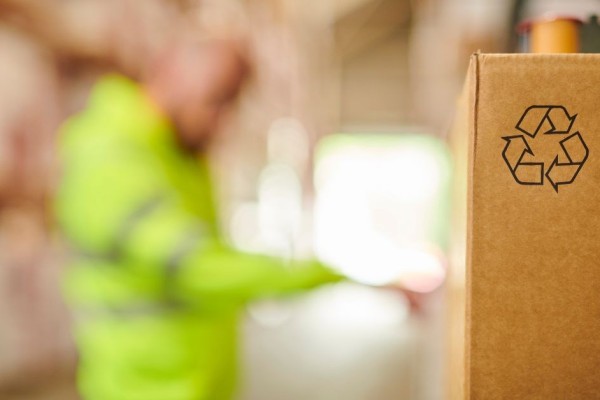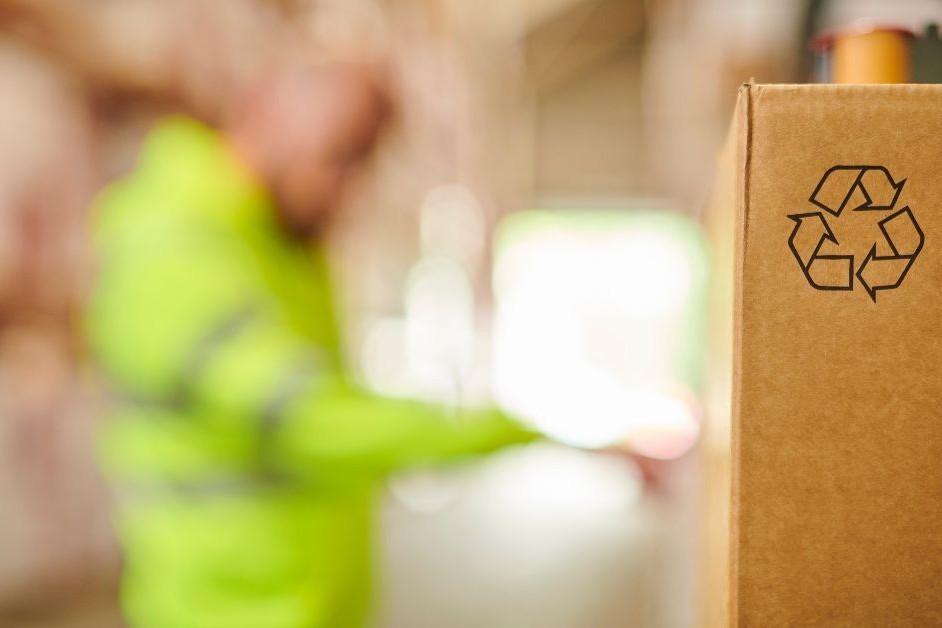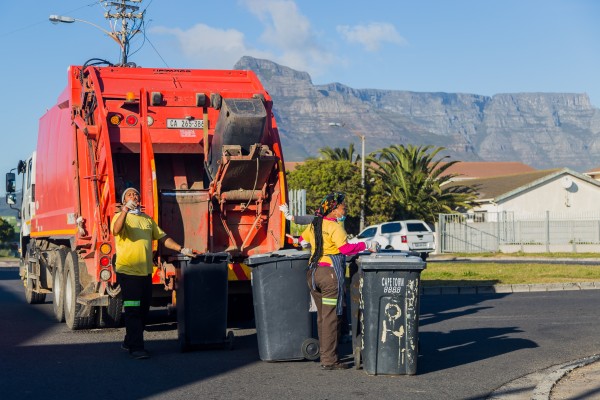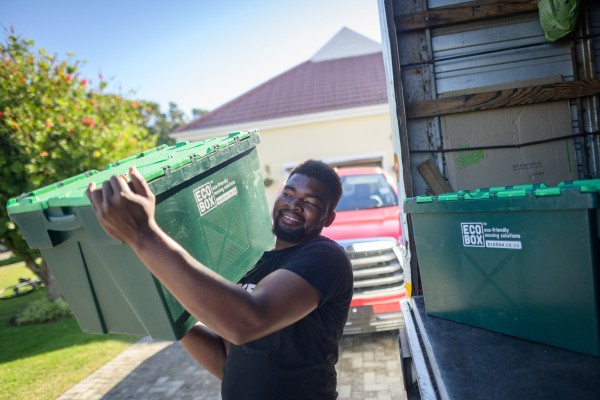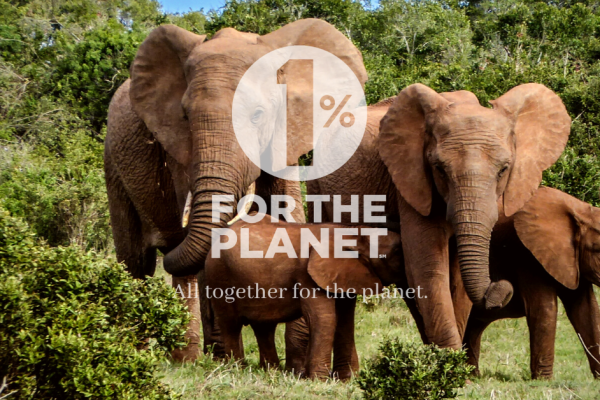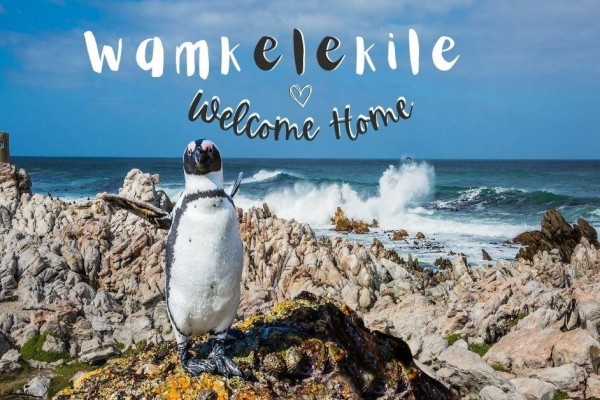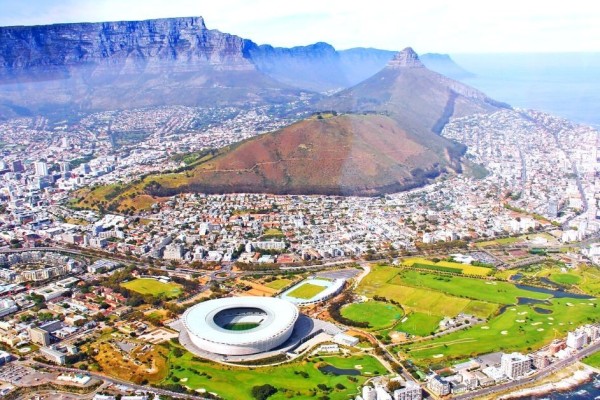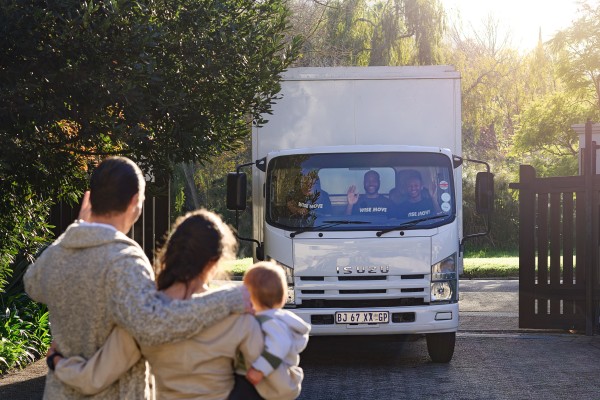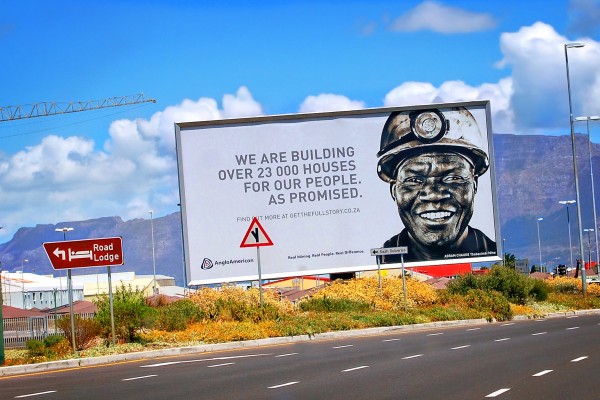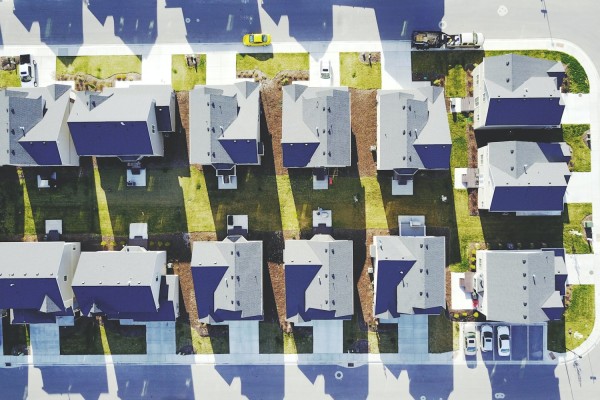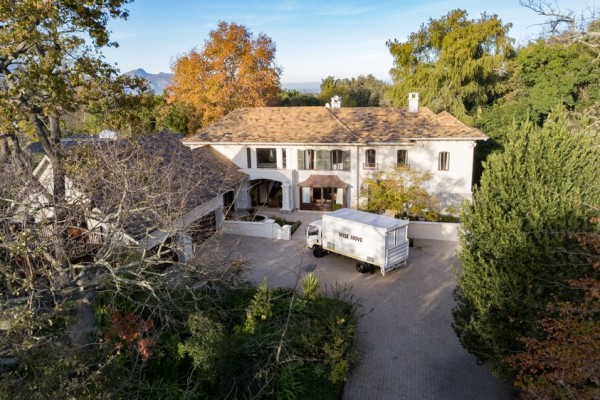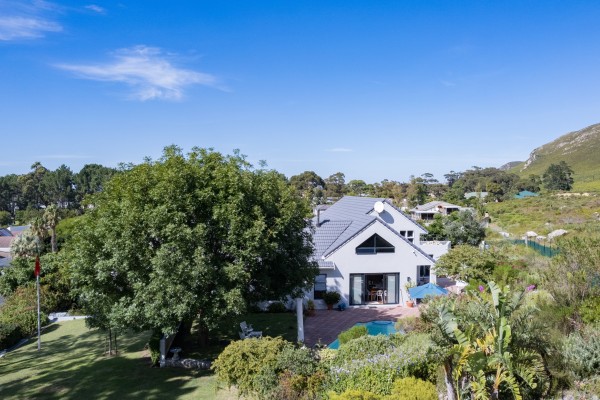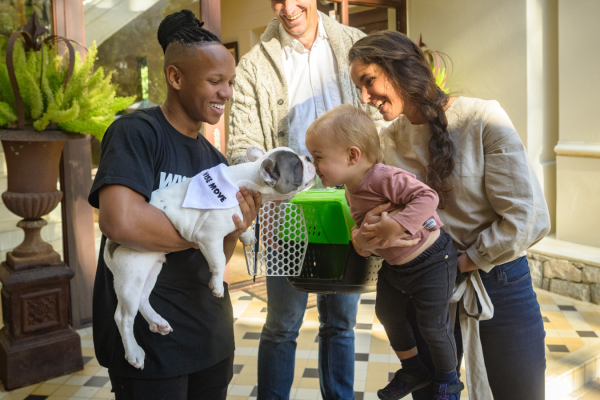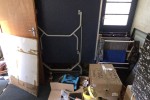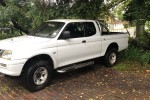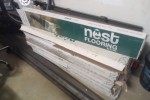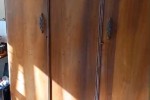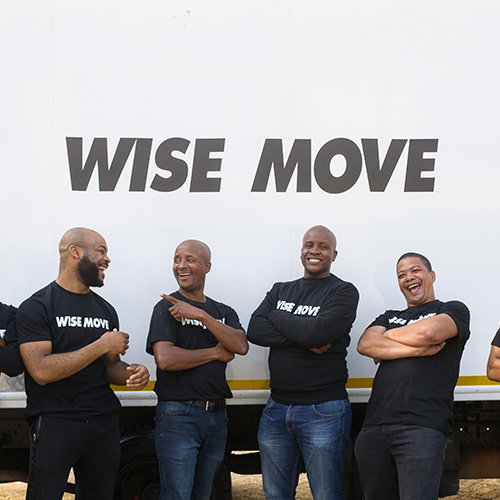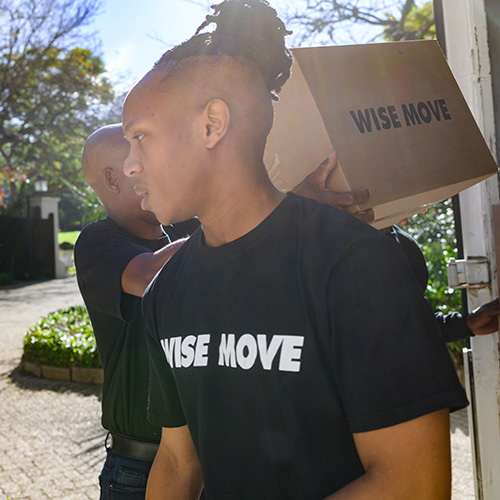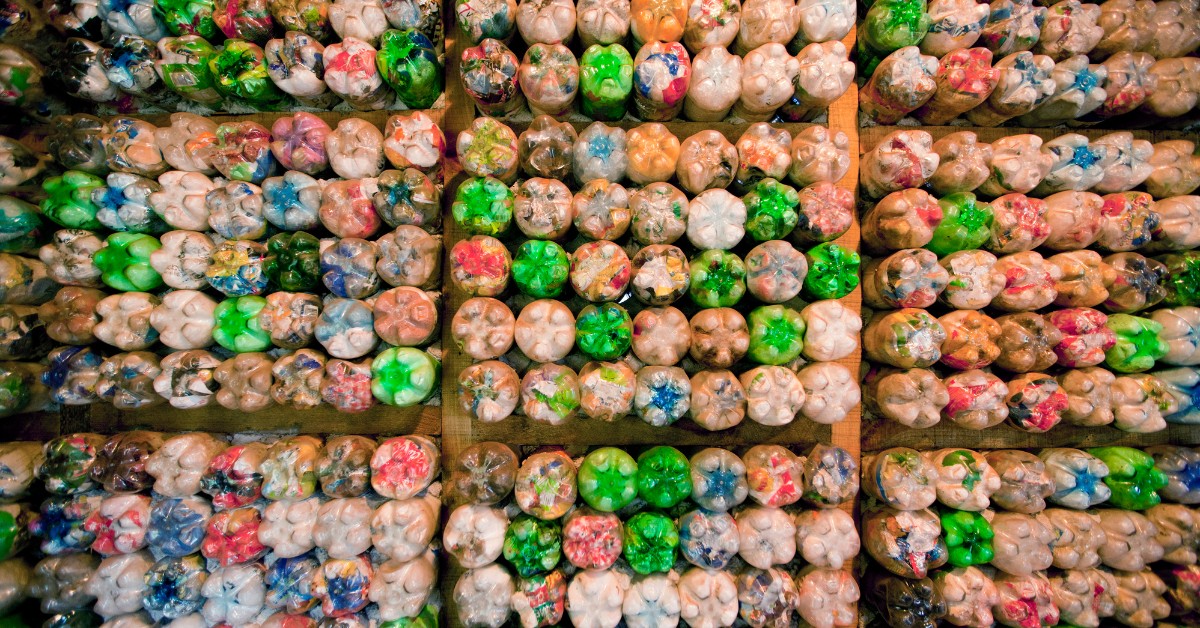
Have you heard of Ecobricks?The eco-friendly solution to reducing landfills and helping to protect our planet? Well, get out your plastic bottle and stick — it’s time to start making some Ecobricks and doing our part for the planet!Here’s everything you need to know about Ecobricks in South Africa.
What is an Ecobrick?
An Ecobrick is a plastic bottle stuffed with non-recyclable plastic materials. These plastic bottles are packed so tight that they feel as hard as a brick. They are often used instead of bricks to build structures, like furniture, playgrounds and even houses, as an eco-friendly and sustainable solution.
How Did Ecobricking Start?
It’s a bit unclear who came up with the idea of Ecobricks and when the first one was made, but it’s said that the idea of Ecobricks was inspired by Igorots, the indigenous people of northern Luzon in the West Phillippine Sea. To keep plastic out of their river, they came up with this ingenious technology that has since boomed across the planet.
In 2003, Susanna Heisse was the first to use Ecobricks to develop a construction system using Ecobricks, building a wall in a project to solve the plastic problems faced by Lake Atitlan communities.
South Africa also plays a big role in Ecobricks’ history! In 2012, Jo Stogel brought this revolutionary idea to the small town of Greyton in South Africa. Noticing the innovative ways the locals were re-purposing their waste, Jo started the Trash to Treasure Festival which has now become an annual event. At this first event, among other fun activities, the community came together to create artwork and structures using Ecobricks.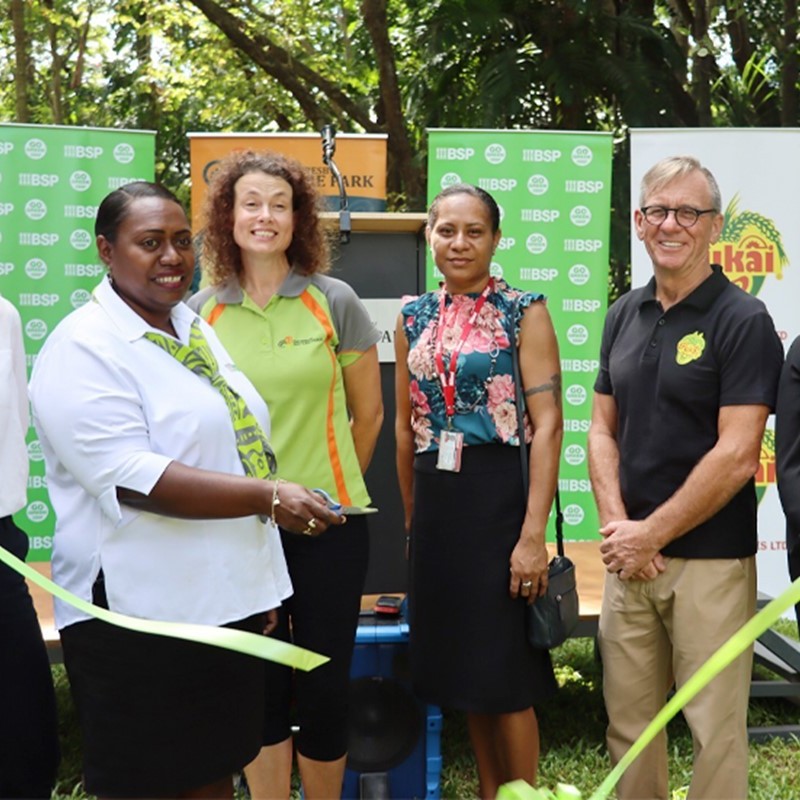
Inspired by this event, Ian Dommisse, an architect based in Pretoria, founded The Ecobrick Exchange in 2013 which worked to facilitate the construction of preschools in underprivileged communities using Ecobricks — aiming to solve the shortage of education facilities while reducing waste and raising awareness for environmental issues.
Now Ecobricks is not only a global phenomenon but a global organisation that works with communities in every corner of the world to teach them the power of Ecobricks and how they can use them to better their communities and the planet!
How Do Ecobricks Make a Difference?
Reduce Waste in Landfills and Oceans
While you can recycle some plastics,what happens to non-recyclable plastic? As Ecobricks are made out of non-recyclable plastic, the materials have no other option but the landfill, or often the ocean. With South Africa producing 122 million tonnes of waste per year,any waste we can keep out of our overflowing landfills makes a difference.
Lower the Release of Toxins in the Air
When the non-recyclable and non-biodegradable plastics sit in landfills, they are exposed to the elements, particularly the sun, water and friction, they start to slowly break down, releasing harmful greenhouse gases into the atmosphere. The same happens when they are incinerated. Ecobricks effectively reduce this problem.
Empower Local Communities
Probably one of the best things about Ecobricks is that it takes zero cost to make. This means that local communities, particularly those that are underprivileged can capitalise on Ecobricks to not only take care of their own plastic waste without relying on government programs and corporations but they can also use this cost-effective material to build and grow their community.
Become Environmentally Conscious
Making your own Ecobrick often comes with learning why it’s important and the environmental problems plastic poses for the planet. Taking the time to collect and stuff your Ecobrick also offers ample time to sit and think about your own plastic consumption and encourages people to be more conscious about their environmental impact.
How to Make an Ecobrick
Make your own Ecobrick in 6 easy steps!
-
Collect and sort your plastics, making sure it’s all non-recyclable such as plastic straws, plastic bags, clear plastic like cling wrap, styrofoam and packaging.
-
Clean all the plastic you’ve collected, making sure there’s no food, oil or dirt, and then let it dry (this prevents any microbiological growth inside).
-
Get your 2 litre PET bottle and stick ready.
-
Start packing your bottle with your dried plastic, using the stick to squish it down so there are no gaps.
-
Once you’re done, put on the cap and make sure it’s up to standards — a 2 litre bottle must weigh a minimum of 500 grams and you should not be able to compress it at all.
-
Find your local program to donate your Ecobrick to.
Remember, filling your Ecobrick can take some time, especially with a 2 litre bottle, so be patient and stick with it!
View this post on Instagram
Ecobrick Programs in South Africa
South Africa has incredible programs across the country that will help you get involved in Ecobricking — whether it’s donating or training!
The Ecobrick Exchange — Cape Town
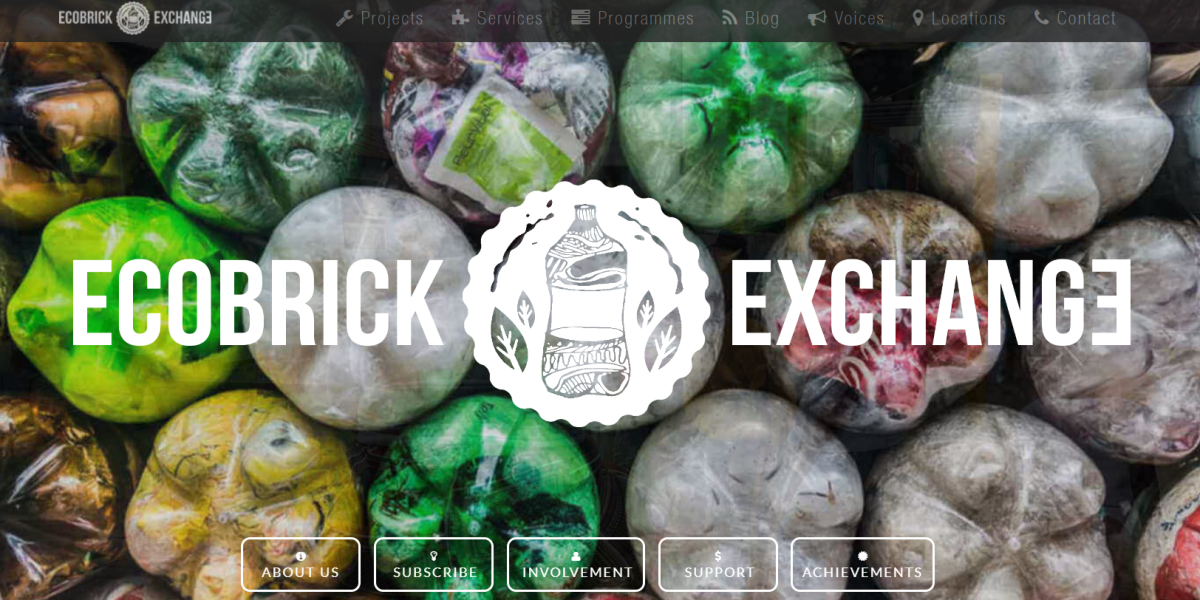
The Ecobrick Exchangeis a skills development agency that has programs across the country that empower individuals to implement sustainable waste management systems, upgrade school infrastructure, and raise environmental awareness.
They currently are working with the City of Cape Town in their construction of an Early Childhood Development Centre made entirely out of reclaimed and natural materials, including Ecobricks!
They also have dropoff pointsset up across Cape Town where you can donate your homemade Ecobricks.
Waste-ED — Cape Town
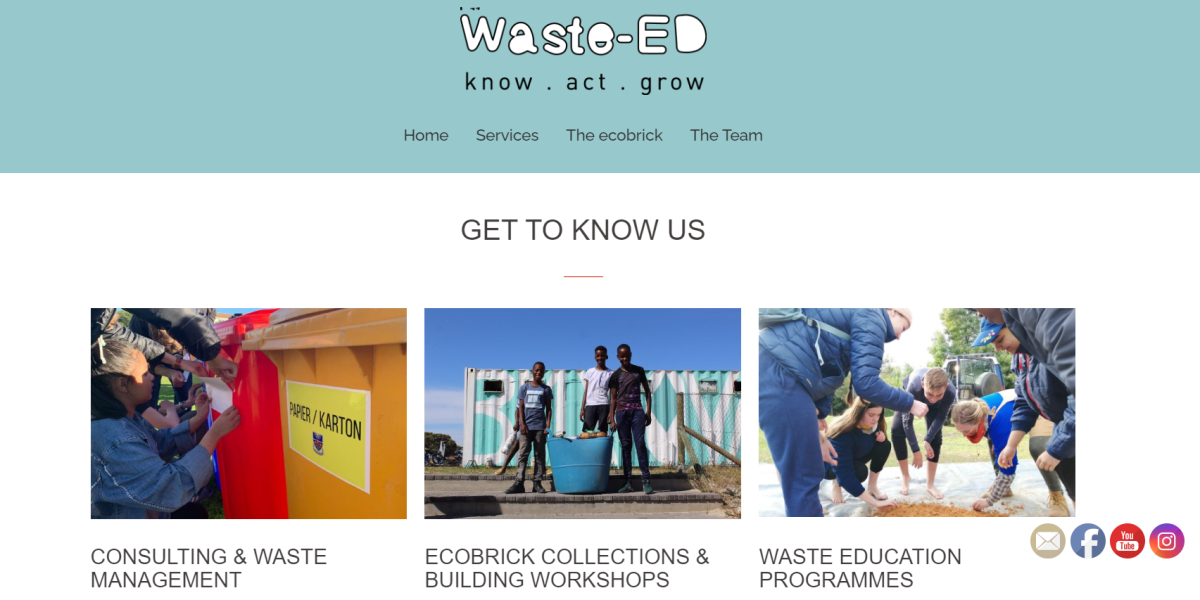
Waste-ED was started in 2014 by Candice Mostert who worked with Jo Stogel on Ecobrick projects in Greyton. They offer interactive zero-waste setups, consulting, research, workshops and presentations, working with partners like the Two Oceans Aquarium, Investec, Oranjezicht Farm Market and even schools like DF Malan. They also collect Ecobricks and create much-needed, well-insulated structures teaching the skill of natural clay building.
Since 2012, Wasted-ED has diverted 140 000 kg of waste from landfills, and you can help divert some more by dropping off your Ecobrick at one of their 5 drop off pointsaround Cape Town:
-
Nude Foods, CBD
-
Holee Cow, Retreat
-
Kommetjie Surf Shop, Kommetjie
-
Nude Foods, Newlands
-
Gram Plastic Free Grocer, Somerset West
Khuthaza Foundation — Johannesburg
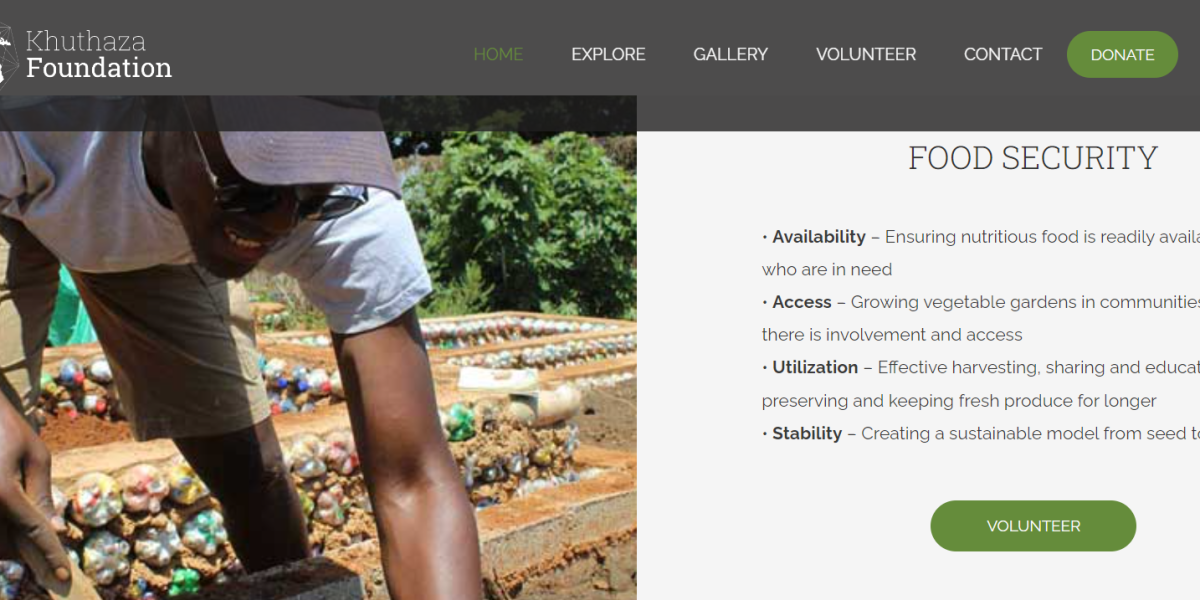
Khuthaza Foundationis a non-profit organization and company passionate about uplifting communities through food and environmental sustainability. This amazing programme works with organisations and communities in impoverished areas to identify sustainable projects that are meaningful to the community as a whole.
Having collected over 8 800 Ecobricks and over 6 800 kg of waste, it’s clear Khuthaza Foundation is taking Ecobricking to the next level. Join them on their mission and volunteer or drop off your Ecobrick at one of their 6 drop off pointsaround Johannesburg and Pretoria
Conclusion
Ecobricks are clearly the way of the future and are a small part of the larger mission to reduce our environmental impact and protect our environment.
What are you waiting for? The sooner you start on your Ecobrick journey, the bigger the impact you can have on the environment and your communities! And don’t forget to raise awareness and share the power of Ecobricks with your own community. Together, we make South Africa an Ecobrick hotspot!
What do our customers say?

What’s happening?
Please notify us of any violations. This information will be kept confidential and shared only with Wise Move.
- It’s inaccurate or incorrect
- If you find it offensive
- It’s something else

